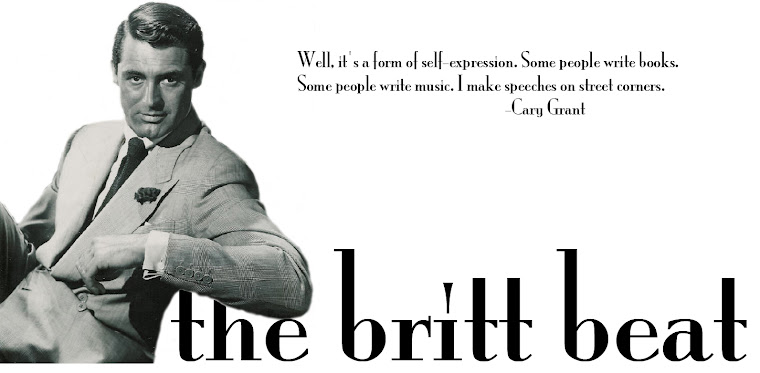If you'd never seen a film, but had read a film review, you'd never guess that it was describing a moving picture. Subtlety, nuance, idiosyncrasy, faces, dialogue, action, reaction, shape, emotion. Not a ton of that in the films that speak to us. Or at least not in the films that I want to watch.
Why do we watch them anyways? Because the one thing that I'm missing from my life is a giant explosion? Or two? Probably not. The chance to watch someone feel an emotion not unlike something that you may feel at any given time in your life. Distant familiarity, maybe longing, maybe regret. To experience what is happening to them, with them.
In the film, the man says, "time really can't move in two directions." But is that really true?
Roger Ebert said: "In our minds, and in our hearts, time is hardly linear or unidirectional. Visit your parents and you're instantly a child again, and if you all live long enough, time begins to curl back on itself and they become your children. Or run into a certain old girlfriend or boyfriend and you may enter a disconcerting time warp between then and now and some shared future you once envisioned, but that never came to pass."
There is a central struggle in the film, between the man and the woman, with each trying to get a grip on who they're with. And in the process they begin to forget who they are themselves. When you're with an old friend, do you feel your age? You might, but don't you also feel that you're the age you were when you met them? If I met you when I was 15 and we were having a conversation at 40, would you think of me as your 40-year-old friend, or as something else? How would I think of you?
"Is the 38-year-old you the same person as the 22-year-old you? Might the 22-year-old and the 38-year-old (and who knows how many others) exist simultaneously inside the same mind and body? And how well can you really know another person -- and for how long, given that people are always changing?" - Roger Ebert
It was not a love story, it was a conversation. The poster lied, but that didn't matter because I didn't see the poster until after the movie.
Things both were and weren't happening, because there both was and wasn't action. It was almost transcendental in it's lack of commitment to plot, but that's how most of my favorite movies are. I mean, what does it matter anyways, whether they end up together or not? Will that affect me in some way after I've stopped watching the film? It'll probably make me cynical if they do, so I actually prefer not to know.



No comments:
Post a Comment